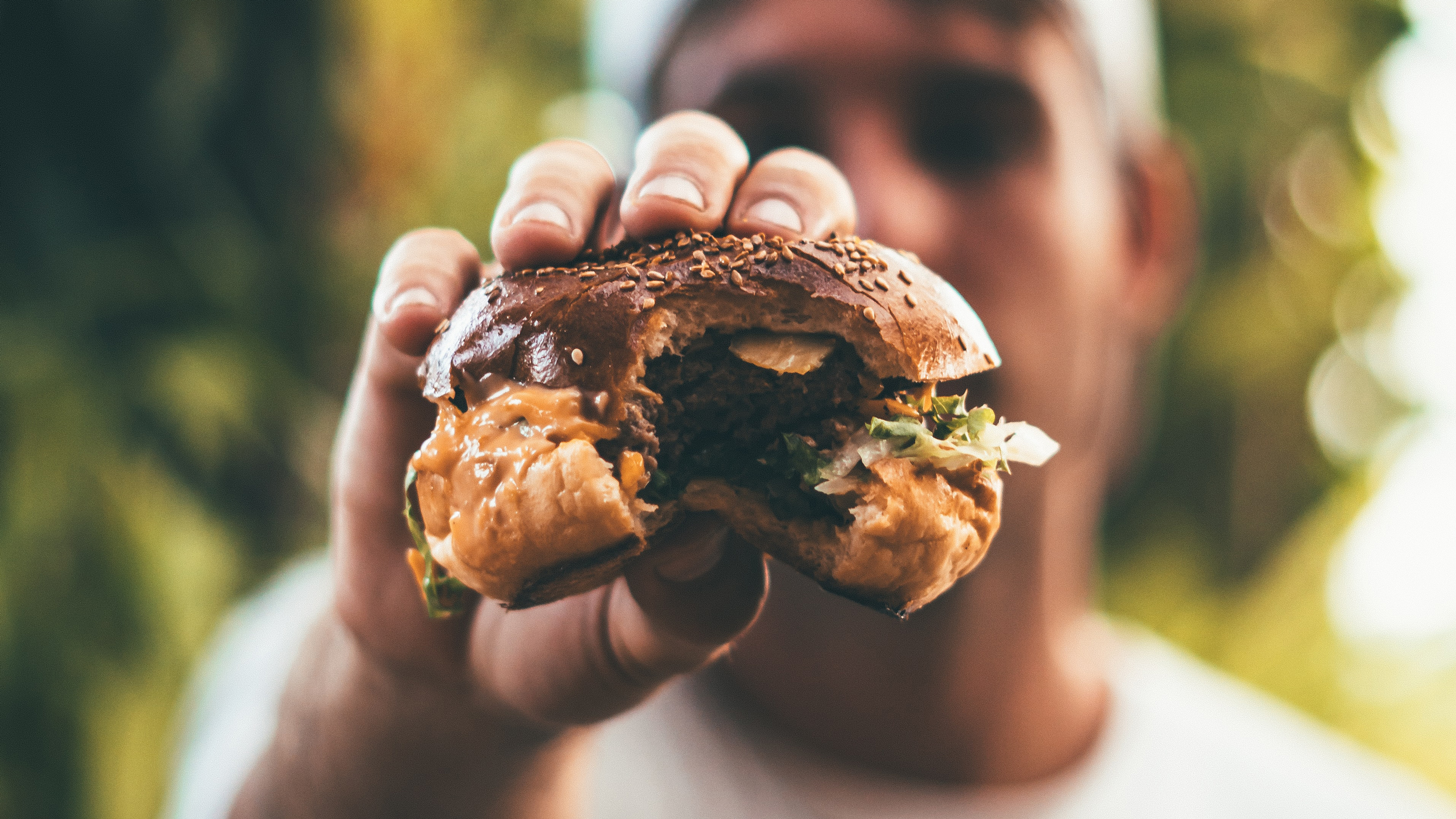16:8 diet: Does intermittent fasting really work, and should you try it?
Intermittent fasting, especially the 16:8 diet, is extremely popular. Does it work?


Intermittent fasting is one of the most popular dietary methods around. Hugh Jackman swore by it when getting into scissor-clawed shape as Wolverine for the X-Men movies, but it's not just Hollywood stars that enjoy the benefits of intermittent fasting, as the 16:8 diet has become extremely popular in recent years.
But what is intermittent fasting, and how does it work?
Intermittent fasting is the process of abstaining from food for a certain amount of time every day, cramming your calories into a smaller window of time. The 16:8 diet in particular suggests we fast for 16 hours every day, eating only within an 8-hour window. This ensures we are sated during the eight hours in which we are permitted to eat, but the shorter time window usually means we consume less calories each day.
The science is certainly in favour of intermittent fasting: one study, published by researchers from the University of Illinois, Chicago, looks at the effects of intermittent fasting on weight loss and blood pressure. The 23 volunteers followed the 16:8 diet for 12 weeks, eating between the hours of 10am and 6pm, abstaining from food for the rest of the day.
Compared to another control group, the end results were extremely positive. The study found the volunteers consumed fewer calories, lost more weight and had lower blood pressure readings, making the 16:8 diet a rousing success.

More on weight loss:
The study's corresponding author Krista Varady said: "The take-home message from this study is that there are options for weight loss that do not include calorie counting or eliminating certain foods.
Get the Fit&Well Newsletter
Start your week with achievable workout ideas, health tips and wellbeing advice in your inbox.
"The results we saw in this study are similar to the results we've seen in other studies on alternate day fasting, another type of diet, but one of the benefits of the 16:8 diet may be that it is easier for people to maintain. We observed that fewer participants dropped out of this study when compared to studies on other fasting diets."
The 16:8 diet is simple to follow, easy to maintain and has been found to pack serious benefits, especially when it comes to weight loss. It's also flexible, to a degree: you can pick your own eight-hour window.
However, for those who work long hours, or find themselves needing to eat early and late for other reasons, the 16:8 diet may not be suitable.
Liked this?
- Keep track of your calories with the best deals on Fitbits
Matt Evans is an experienced health and fitness journalist and is currently Fitness and Wellbeing Editor at TechRadar, covering all things exercise and nutrition on Fit&Well's tech-focused sister site. Matt originally discovered exercise through martial arts: he holds a black belt in Karate and remains a keen runner, gym-goer, and infrequent yogi. His top fitness tip? Stretch.
-
 I did bird dog every day for seven days and now I understand why trainers recommend it for core strength, spinal health and posture
I did bird dog every day for seven days and now I understand why trainers recommend it for core strength, spinal health and postureThis simple bodyweight move has so many benefits
By Alice Porter
-
 A yoga instructor says this eight-minute routine is all you need to mobilize your entire body
A yoga instructor says this eight-minute routine is all you need to mobilize your entire bodyStiff and achy muscles? Try this
By Alice Porter